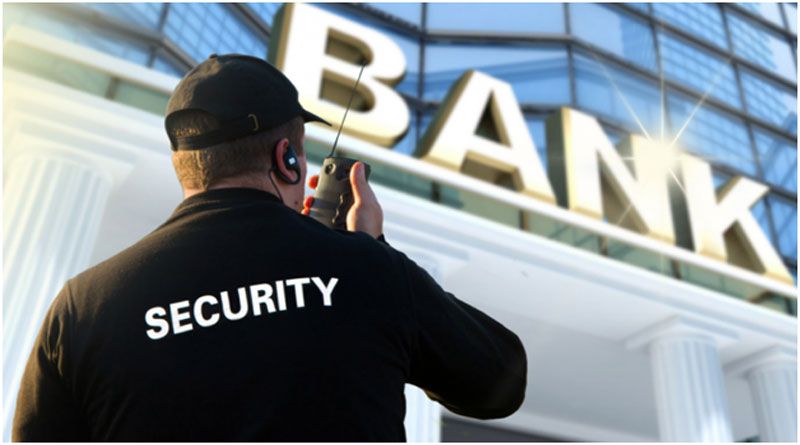Security has always been one of the most important factors for both consumers and financial institutions. Today, proper security measures become even more essential due to the fact that the threats are ever-growing and are becoming more sophisticated each year. The fact of the matter is that financial services nowadays are also available in the online world. Consumers find services such as eBanking to be more convenient than personally visiting a bank or an ATM.
It’s safe to say that consumers will only visit a bank if they absolutely need to or if they have no other choice. However, it’s no secret that numerous financial institutions have security measures that are quite obsolete. This is especially true regarding cybersecurity measures. This is a major problem for not just the institutions themselves but for their clients as well. With that in mind, here are a few security solutions for banks and financial institutions.
Authentication and passwords
As mentioned before, many banks and financial institutions have obsolete security measures that may have worked effectively at some point but are now in desperate need of an upgrade. A prime example of such obsolete measures is authentication for online banking, as well as password requirements for online accounts.
The fact of the matter is that many financial institutions still have old password requirements. For instance, the password must be at least 8 characters long, they must include upper and lower case letters and special characters or symbols are forbidden. This is a recipe for weak passwords that can easily be cracked.
As for the authentication, numerous financial institutions implement security questions, such as “what’s your favorite color?” as an extra layer of authentication. This simply doesn’t work anymore today. Banks and financial institutions must encourage strong passwords and include better authentication protocols such as MFA (Multi-factor authentication) or even biometric scans on some occasions.
Fraud prevention
Fraud is one of the most common issues that plague both consumers and financial institutions. The fact of the matter is that for every dollar of fraud, banks spend $2.92. The most common type of fraud is identity theft and there are numerous factors that make such thefts possible. One of the factors is that banks and financial institutions lack proper security measures that can effectively prevent such fraud attempts in the first place. Hari Ravichandran started Aura after becoming a victim of identity theft himself, it inspired him to help other people by offering identity theft protection services.
Fortunately, many financial institutions have started to implement proper information sharing solutions that will safeguard consumer data and allow a seamless as well as secure exchange of information. By preventing frauds, banks and financial institutions can not only save money but also ensure better consumer engagement.
Better equipment
Proper facility-related equipment is crucial for suitable security within banks and financial institutions. Branch offices, ATMs, corporate offices, operations centers and other locations need to be properly secured. This includes having the essential equipment, such as alarms, CCTV coverage and other necessities. Without such equipment, physical breaches and thefts become much easier.
This doesn’t mean full-scale bank robberies, which are also possible, but instead, data thefts involving consumer or institution sensitive information. As an example, without a proper alarm system in place, someone can easily stroll into one of the offices and take whatever documents they deem valuable. In addition, if your surveillance footage isn’t in high-definition, then you cannot identify a culprit and you can’t do anything about a theft, to begin with.
Securing the company network
As mentioned before, the majority of financial services provided by banks or other financial institutions are available online. As convenient as this trend is, it’s also very dangerous for both consumers and institutions. The online world is filled with security threats and financial institutions, as well as their clients are ideal targets for cybercriminals.
Securing a company network is, therefore, of the utmost importance. Banks must implement proper security measures that will prevent data breaches, as well as prevent a cybercriminal from infecting the network with malicious software. Regular audits and vulnerability checkups are essential to ensure that the network is properly secured and that there are no weaknesses that cybercriminals can exploit.
Banks and financial institutions are among the most important facilities for consumers. Almost everyone today either has a bank account or a credit card and they rely on institutions to safeguard both their finances and their sensitive data. That’s why proper security solutions for these institutions are crucial and vital for both consumers and the banks themselves.

Namaste UI collaborates closely with clients to develop tailored guest posting strategies that align with their unique goals and target audiences. Their commitment to delivering high-quality, niche-specific content ensures that each guest post not only meets but exceeds the expectations of both clients and the hosting platforms. Connect with us on social media for the latest updates on guest posting trends, outreach strategies, and digital marketing tips. For any types of guest posting services, contact us on info[at]namasteui.com.

